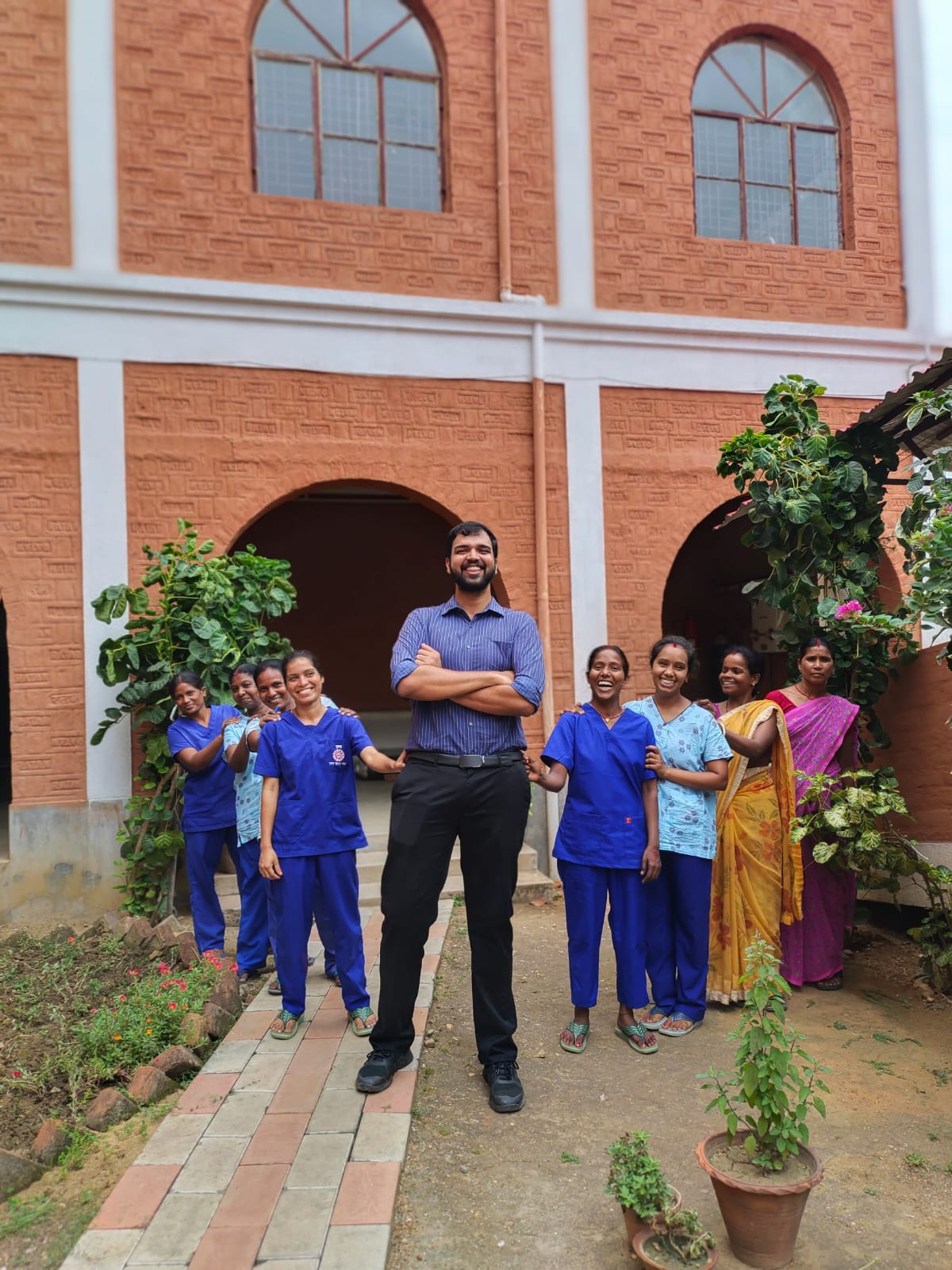Nov 9, 2024
Working in Rural Hospitals: A Transformative Journey
Dayal Johan
My time at the last rural hospital I worked at, nestled in the scenic, untouched beauty of Jharkhand, was one of the most transformative experiences of my medical career. The hospital’s focus on normal vaginal deliveries and their innovative, nurse-run clinics provided me with both practical knowledge and a deep sense of connection to the community. It wasn’t just the medicine that left an impact—it was the people.
The health workers I met were incredibly warm and always cheerful, even during the toughest shifts. They became my teachers, showing me how to balance compassion with professionalism. One of the most memorable moments came right before I left, when a mother, whose surgery I had reassured her about in my limited Hindi, asked me to name her child. It seemed like such a small gesture, but it meant the world to her—and to me. Moments like these remind you that people deserve not only care but compassion, a lesson often overlooked in our formal training.
Why Choose Rural Work?
While urban hospitals offer their own rewards, there’s something profoundly unique about working in rural areas. Patients here often come with an unmatched gratitude and warmth that’s hard to describe until you’ve experienced it. During field visits, they would often offer food, not because they had to, but because they wanted to. Their kindness was pure, and the genuine connections made every challenge worth it.
Medically, the learning curve is steep. Many rural patients delay seeking treatment, meaning you often see textbook cases of diseases. This hands-on experience builds your confidence and skills quickly, making you a more capable doctor in a short time. Plus, the satisfaction of seeing a patient recover after a severe illness is beyond any material reward.
Challenges and Growth
Of course, there are challenges. Referring patients to higher centers can be difficult, as many prefer to suffer at home rather than travel long distances to unfamiliar hospitals, especially in northern India. Yet, these moments teach you resilience and problem-solving in ways that cushy urban setups can’t. Rural hospitals are often misunderstood as uncomfortable, but the reality is that many of the centers I visited had well-finished rooms, some even with air conditioning.
Living in these areas teaches you adaptability, and more importantly, it shows you that healthcare is not just about curing diseases—it’s about understanding people, their lives, and their stories.
Advice for Aspiring Medicos
If you're considering rural work, go with an open heart and an open mind. Learn not only from the doctors but also from the health workers, patients, and villagers. Every interaction will teach you something new, shaping you into a better version of yourself, both professionally and personally.
A System That Works: Patient-Centered Care
At the hospital I visited in Jharkhand, the approach to patient care was deeply inspiring. Mothers were treated with a level of care and respect that I hadn’t seen elsewhere. The outpatient department was set up with multiple stations where mothers-to-be were taught exercises, dietary tips, and general advice while they waited to see the doctor. Even husbands were involved, counselled on their role in pregnancy and child-rearing.
One of the highlights was the evening dance circle for pregnant women. The didis (staff) would gather the mothers to dance, helping with exercise and relaxation. This simple yet effective practice facilitated labor and brought a sense of community to the hospital.
Conclusion
Working in rural hospitals has been one of the most fulfilling experiences of my life. It's a path that offers not only medical knowledge but also personal growth. If you're considering it, my advice is to dive in with an open heart—you'll come out with stories, lessons, and memories that will stay with you forever.

